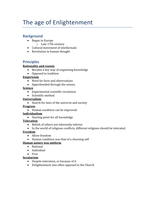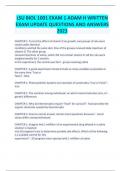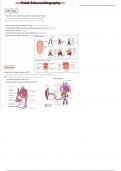Summary
Summary SOC1001F exam notes: The age of Enlightenment; Auguste Comte; Max Weber; and Émile Durkheim,
- Institution
- University Of Cape Town (UCT)
summary of the above mentioned section for fam1001f information taken from textbook and my lecture notes
[Show more]





